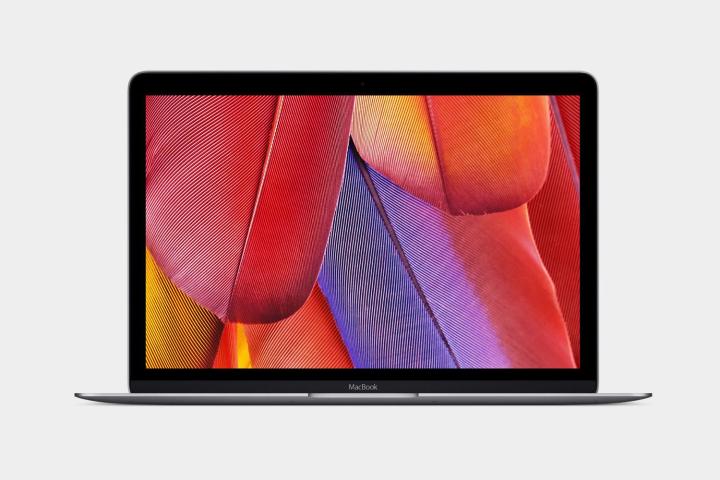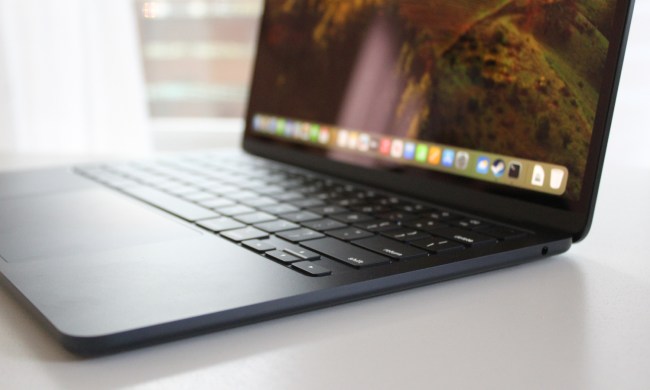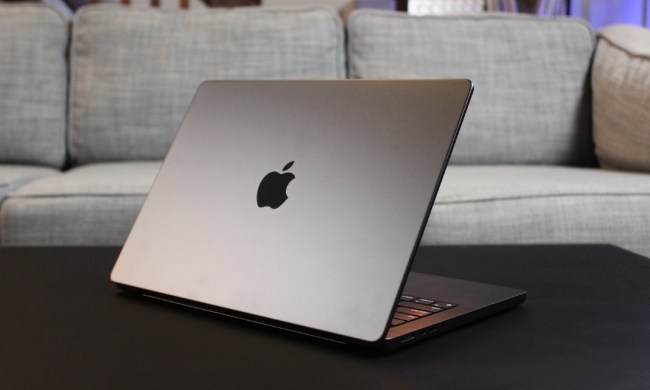
Somewhat surprisingly, in both single core and multi-core tests it looks as though the 2015 Macbook Air and Pro just barely eeked out the last versions, updated in 2014. The performance difference is generally ten percent or less.
Primate’s results also found that while the bump between the two i7 processors was significant in the Pro model, the effect was less noticeable in the i5 variant, only yielding about a three to seven percent increase in performance during single core tests.
Granted, these results fall just about in line with the current trajectory of Moore’s Law, but it brings up the fundamental question that many consumers have been pondering for the past few years now: is the law officially starting to reach its limit?
To that quandry, Intel says ‘no’.

According to the company, while the challenges jumping from 22nm to 14nm were substantial, they were attributed primarily to stumbling blocks in manufacturing rather than a slowdown in Moore’s original theorem. With those issues worked out, Intel sounds confident it’ll be able to smoothly transition from 14nm to 10nm (and beyond) without any further hiccups.
This means that while the improvements we’ve seen in this year’s Macbook Air and Pro models might seem somewhat inconsequential on the surface, they serve as more of a stepping stone to what we should see in the next few years than anything else.



